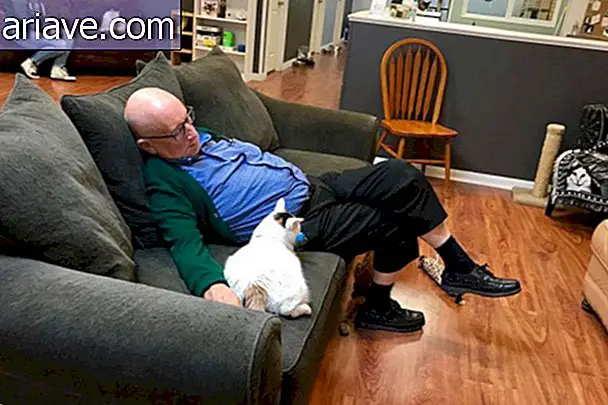Scientists find that fears can be erased from memory during sleep
We have already seen in this article that there are a number of bizarre fears that people are forced to live with on a daily basis. Be it tall phobia, needles, insects or any other kind of dread, no one deserves to be anxious, feel bad or even faint for fear of anything.
The good news is that researchers have found a way to prevent these fears from reaching the individual so strongly by manipulating people's memories in their sleep, as the New Scientist portal shows.
The study suggests that there may be a less stressful solution than traditional therapies, which often put people in front of their fear so that they can gradually adapt and learn how to deal with the situation.

Sleep and memory
We know that sleep is fundamental to memory processing. Every night, the events of the day are repeated in our brains during sleep as a way of consolidating memories. In this sense, researcher Katherina Hauner and her team at Northwestern University in Chicago, USA, have shown that it is possible to reach specific memories and erase them (or overwrite them) during this process.
Several tests were performed and showed positive results in the "decrease" of phobias. For this, the research volunteers were conditioned to feel fear when exposed to certain smells and some images.
During sleep, the same smells were released and the volunteers came across the same images as soon as they woke up. In both cases, fear reactions - which can be measured through cerebellar tonsils and skin changes - decreased. The control group went through the same conditioning, but instead of sleeping, watched a movie, and continued to show fear of smells and images in the second stage of the test.

A dose of learning
To try to understand what was going on in people's brains, scientists made brain images before and after sleep. They noted that brain activity is completely different in both cases, which may indicate some kind of learning during sleep.
Despite showing interesting results, the researcher and her team believe that further work is needed. Fear caused by electric shock - which was the method used during testing - is minimal compared to reactions associated with most phobias or traumatic events.











